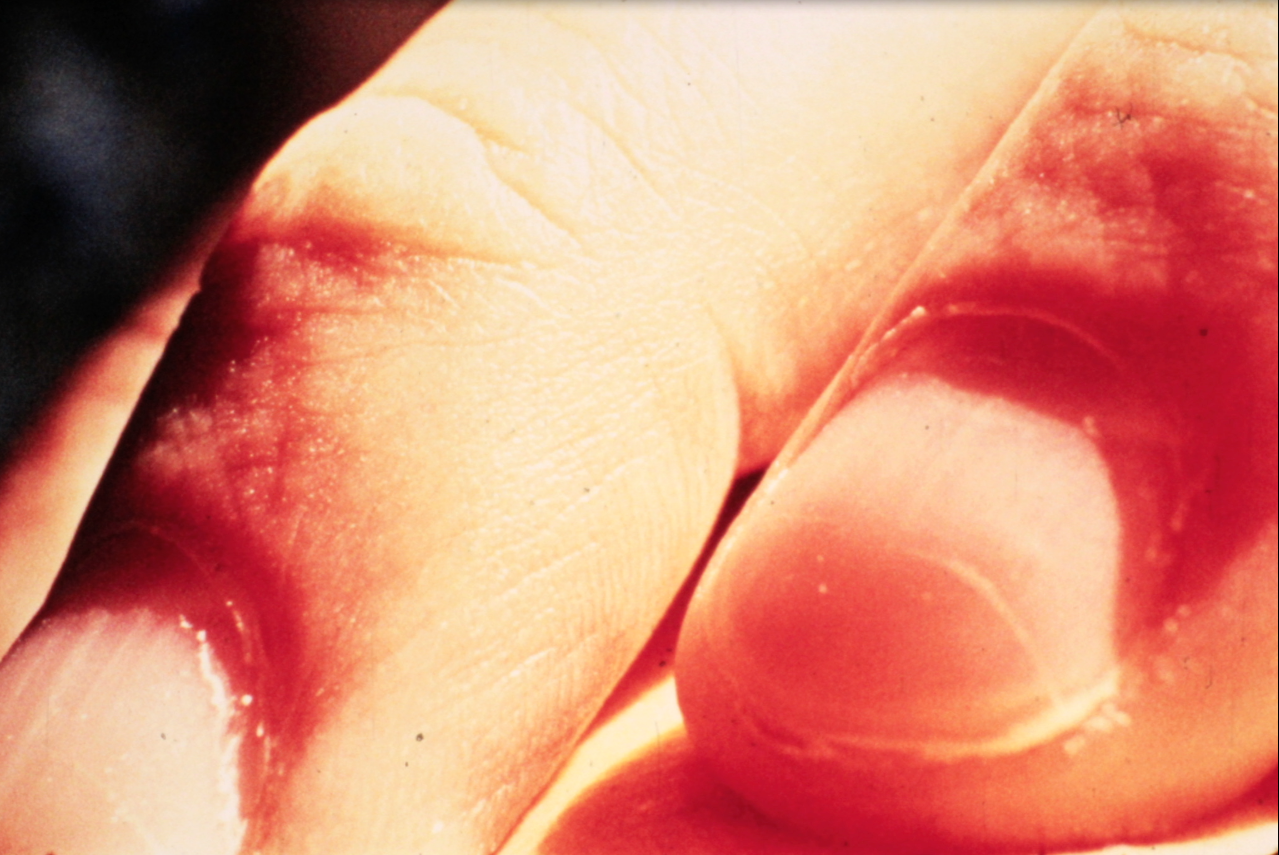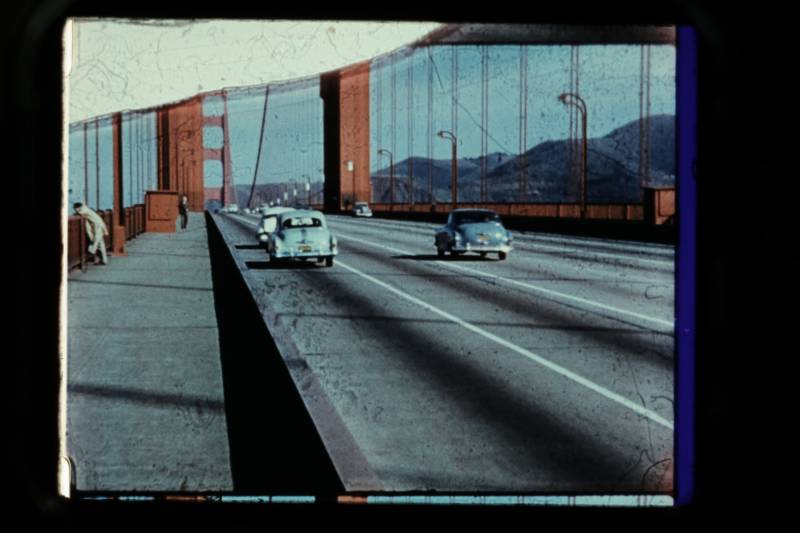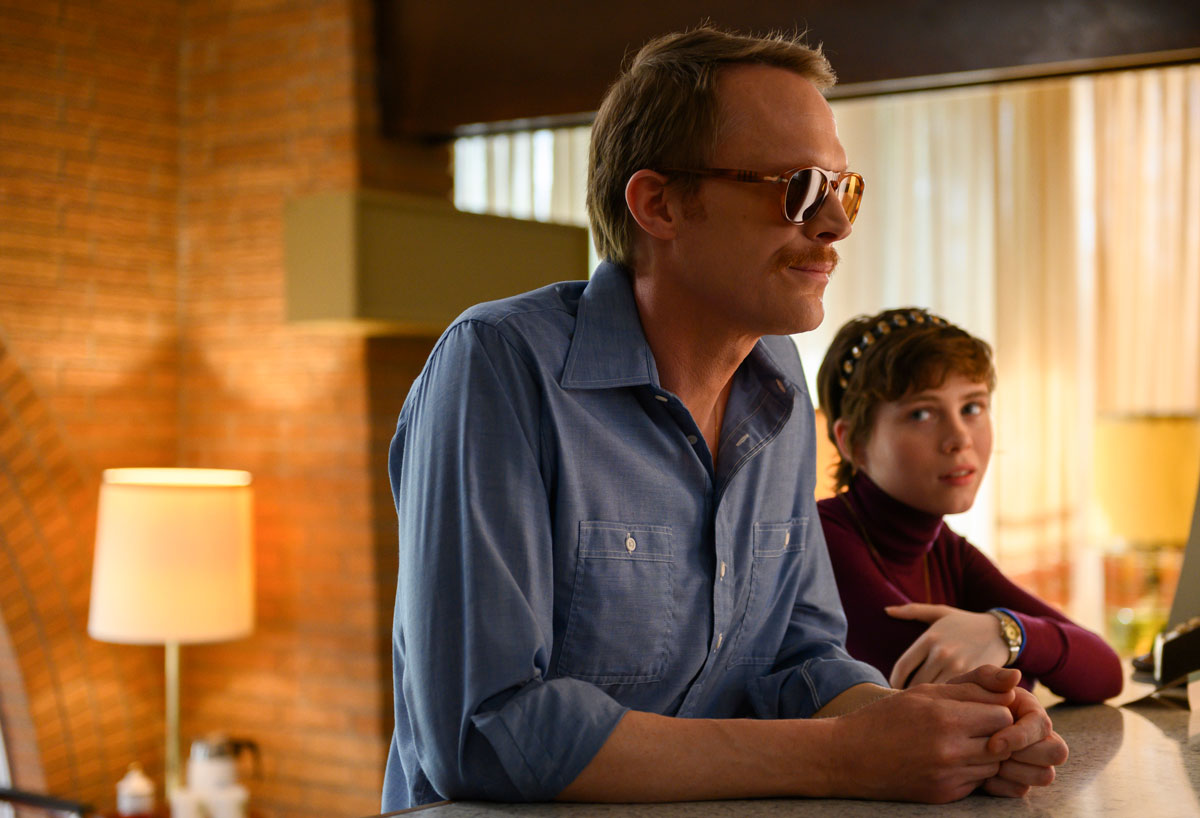Thanksgiving is frankly weird this year, and the movie gods have concocted an unusually eclectic brew to accompany the turkey, turducken and tofurkey. It’s deities’ way of reminding us of the vast variety of the world of cinema.
Bruce Lee’s 80th Anniversary Birthday Blitz
Nov. 27
Online
The charismatic Hong Kong action star and martial artist Bruce Lee was born at the Chinese Hospital in San Francisco on Nov. 27, 1940. A plaque marking the momentous occasion was put up (finally) on the Chinatown building in 2017, but the nearby Chinese Historical Society of America has a higher-wattage homage in store: A major exhibition, We Are Bruce Lee: Under the Sky, One Family, is slated to open next fall. Hop on Facebook any time Friday for a preview, along with tales and tributes to the hometown hero who died in 1973.

traveling thru with eyes closed tight
Through Jan. 10, 2021
Online via S.F. Cinematheque
An underrated feature of online exhibition is the elimination of the various hurdles to entry that mark in-person screenings: scheduling, travel, parking and the most devious, inertia. Experimental film triggers another barrier for some people, namely the reluctance to check out something unfamiliar and/or challenging. Here again, streaming smooths the way, especially when the program is free.
traveling thru with eyes closed tight, curated by outgoing S.F. Cinematheque staff member Alix Blevins, is a delicious sampler plate of Bay Area avant-garde filmmaking in the (still-)new century. The nine short works, by Linda Scobie, Kent Long, Christina Battle and other notables, explore light, color, shape and shadow and—this is key—the texture and tactility of film. If you’ve never seen an experimental film, this program is a terrific introduction.



